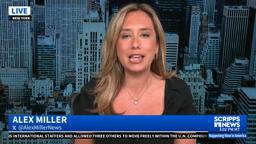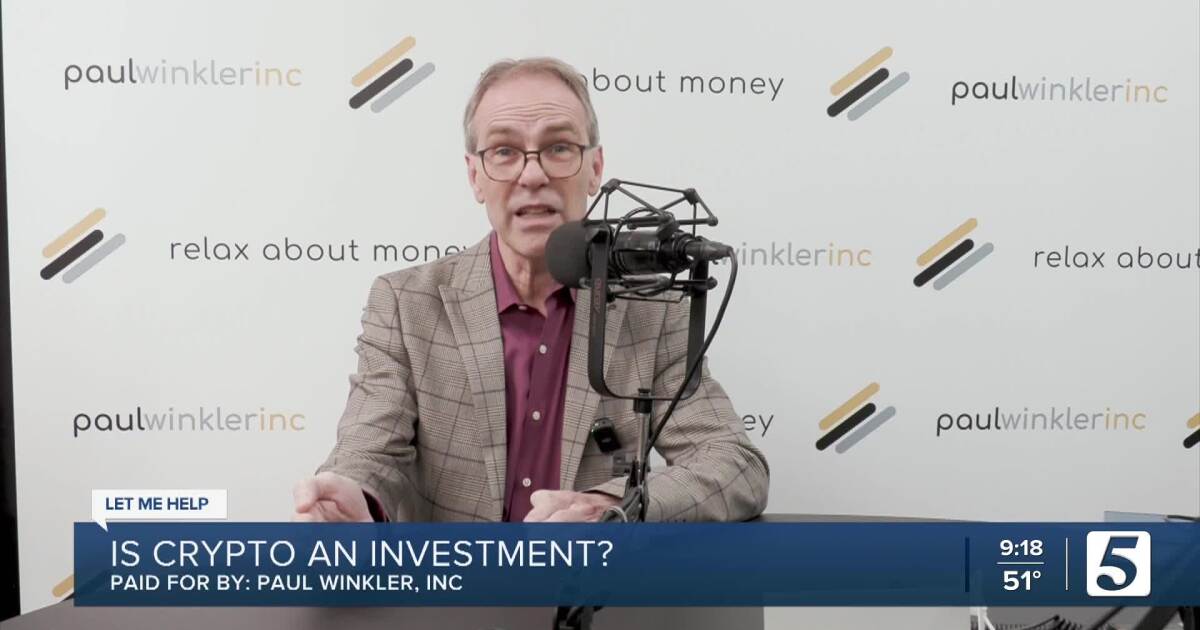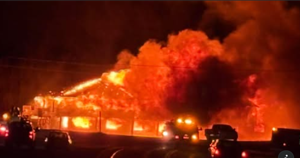President Donald Trump is pursuing hundreds of millions of dollars in damages from the Justice Department (DOJ) due to federal investigations related to allegations of Russian interference in the 2016 election and the FBI’s search of his Florida residence for classified documents in 2022. This claim has sparked significant concerns among legal ethics experts regarding potential conflicts of interest within the DOJ.
Legal professionals have expressed alarm over the possibility that DOJ officials who might oversee any financial settlements could be the same lawyers who previously represented Trump. “I think we have huge ethical concerns here with this claim, because the claim is being made by President Trump to his own Department of Justice, where his private lawyers still work,” stated Laurie Levenson, a law professor at Loyola Law School.
One prominent figure in this situation is Todd Blanche, who led Trump’s legal team during the classified documents case and currently holds the position of Deputy Attorney General. According to DOJ guidelines, any proposed settlement exceeding $4 million must receive approval from the Deputy Attorney General or the Associate Attorney General, a role filled by Stanley Woodward, who previously represented Trump’s co-defendant in the same case.
Legal experts have pointed out that additional individuals connected to Trump’s defense team are now in key DOJ positions. Lindsey Halligan, who served as part of the defense team, is now the interim U.S. Attorney for the Eastern District of Virginia. Emil Bove, who represented Trump in multiple legal matters, including the hush money trial and the Georgia case concerning efforts to overturn the 2020 election, has transitioned from the DOJ to a federal appeals court judge. None of the attorneys involved in the Russia investigation are currently employed at the DOJ.
In an official statement to Scripps News, a DOJ spokesperson emphasized that all officials adhere to the guidance provided by career ethics officials. Nevertheless, Trump has hinted at the potential for conflict, stating, “That decision would have to go across my desk, and it’s awfully strange to make a decision where I’m paying myself.”
The implications of a possible settlement raise questions about the DOJ’s impartiality. Bennett Gershman, a law professor and legal ethics expert at Pace University, remarked, “I can’t think of a more gigantic conflict of interest than what this particular case shows. They were his lawyers. Now they’re on the other side, and now they’re going to decide whether he wins or loses.”
The issue of ethics within government agencies is further complicated by recent administrative decisions. In July, Attorney General Pam Bondi dismissed the top ethics officer at the DOJ, leading to calls for an independent third party to assess Trump’s claims. Richard Painter, a law professor and former chief ethics lawyer for President George W. Bush, argued, “There absolutely needs to be a third party, a neutral party that looks at this matter to determine if Donald Trump has any claim against the United States government.”
Additionally, several legal experts indicated that Trump’s claims may lack substantial merit, as the investigations did not lead to any courtroom indictments. The Russia investigation, led by Special Counsel Robert Mueller, concluded without charges against Trump, who was not indicted due to his status as a sitting president at that time. Similarly, the classified documents case was dismissed after Trump’s re-election, with legal measures such as court-ordered warrants being executed to search his property.
Painter also noted that any settlement payment to Trump could violate the emoluments clause of the Constitution, which prohibits the president from receiving financial gains from the government.
In response to inquiries, a spokesman for Trump’s legal team stated, “President Trump continues to fight back against all Democrat-led Witch Hunts, including the ‘Russia, Russia, Russia’ hoax and the un-Constitutional and un-American weaponization of our justice system by Crooked Joe Biden and his handlers.” Trump has indicated that if a settlement were to occur, he would allocate any received funds to charity.
As this situation develops, the intersection of legal ethics, government conduct, and political interests remains a critical area of scrutiny.







